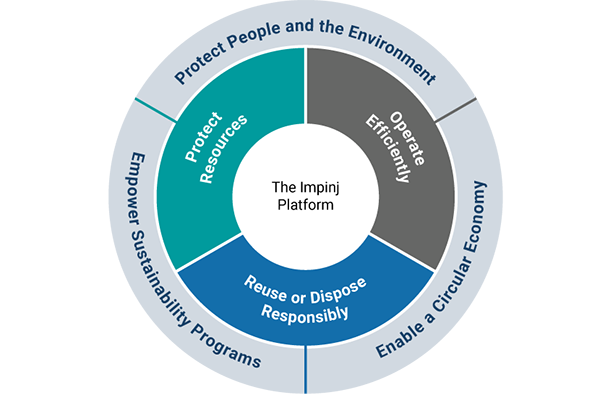
Use the Impinj platform to help protect the world we live in
We believe climate change is a global crisis, and that protecting the environment requires an urgent, collective effort. The Impinj platform helps enterprises minimize environmental impact by driving efficiencies, reducing waste, enabling responsible material use, and protecting brands, people and the supply chain from counterfeit products.
With real-time data, organizations can drive sustainability initiatives that result in measurable improvements to environmental programs. Together with our partners, Impinj helps retailers track inventory, eliminate overstocks and minimize unsold items; healthcare organizations ensure medications get used before they expire; and logistics companies optimize delivery routes to eliminate excess driving, fuel usage and emissions. With the Impinj platform enterprises, governments, and scientists across the globe can study and protect natural resources, manage natural events and deliver fresh, safe food to communities. In addition, enterprises can build circular systems to receive, reuse and recycle items.
Helping industries create sustainable processes and practices
Retail
Pinpoint the location of items in a factory or store in real time, reducing overproduction and waste.
Supply Chain
Fine-tune shipment and delivery systems to reduce fuel use and emissions.
Healthcare
Manage inventory to ensure medications get used before they expire.
Airlines & Airports
Track passengers’ luggage from drop-off to pick-up, eliminating lost bags and the need for deliveries that consume time and energy.
Farming & Food Production
Track produce from field to store for a fully visible and traceable supply chain.
How the Impinj platform enables full-circle business practices
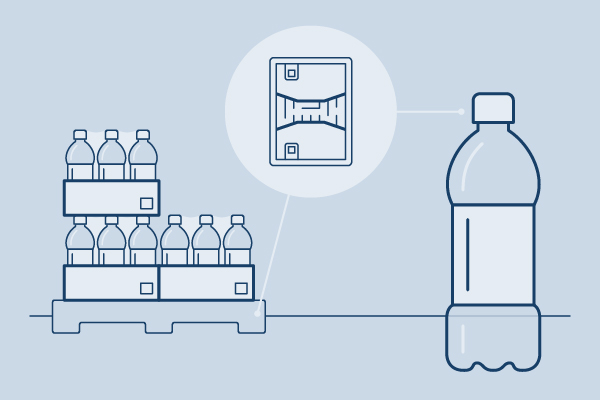
Connect
Attach Impinj-powered tags to items and containers.
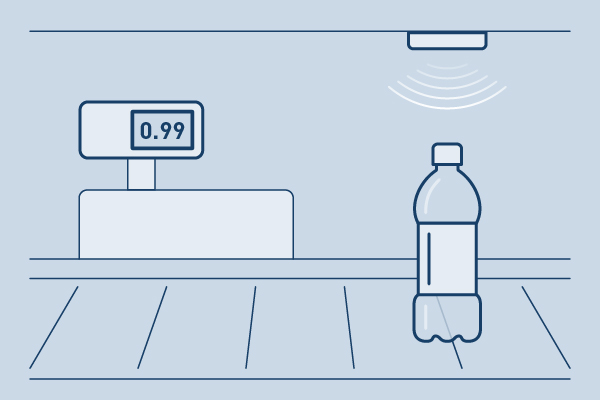
Identify
Use fixed or handheld readers to identify, track, and gain insight into connected items.
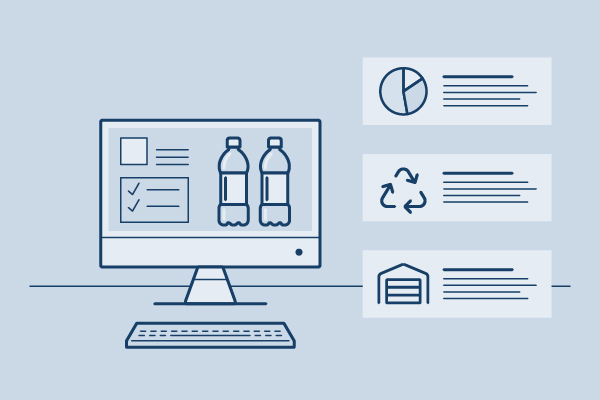
Optimize
Analyze data to drive efficiencies, minimize waste, reduce energy use, and gather metrics for sustainability programs.
Safeguard food and natural resources
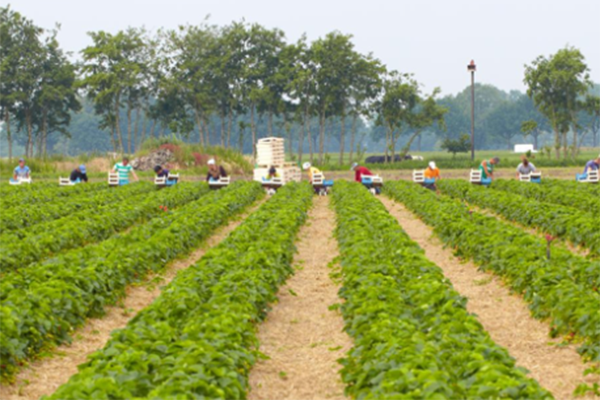
Optimize food distribution for freshness and waste reduction
Coöperatie Hoogstraten uses the Impinj platform to track cartons of strawberries from farm to table. In the event of a recall, only the affected product must be taken off the market.
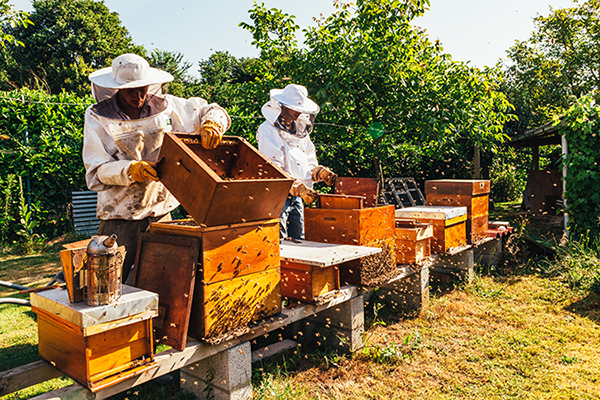
Protect the natural world through research and wildlife management
Scientists are using RAIN RFID to better understand the habits and movements of honeybees – a key to a healthy ecosystem – to help optimize hive placement and care.
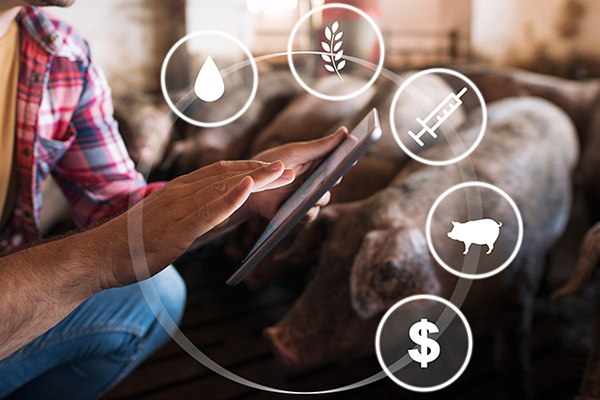
Track, record, and manage the care and health of livestock
RAIN RFID tags attached to farm animals create historical records that enable access to data such as vaccinations, medical treatment, feeding, and location.
Drive efficiencies that reduce environmental impacts
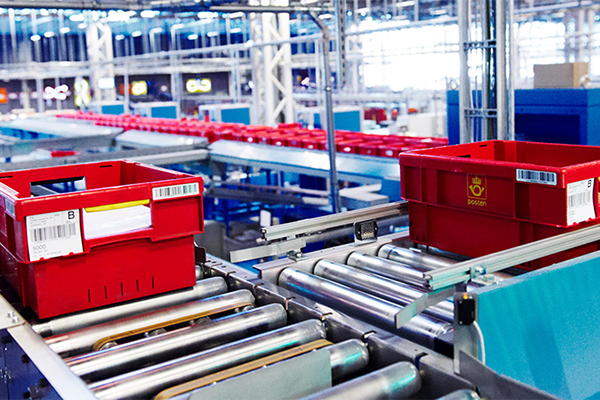
Reduce emissions by fine-tuning shipment and delivery systems
The Impinj platform has enabled Post Norway to optimize delivery routes, reducing fuel consumption, lowering CO2 emissions, and helping the postal system meet sustainability goals.

Eliminate excess stock and expired product waste
Real-time inventory management systems built on the Impinj platform provide accurate inventory counts and product lifecycle data to eliminate waste due to overstocking or expiration.
Drive system-wide visibility that increases operational efficiency
Impinj tag chips on luggage help bags end up exactly where they belong – greatly reducing energy spent locating and delivering wayward items.
"If food loss and waste were a country, it would be the third biggest source of greenhouse gas emissions."
- Food Waste Index Report 2021
Inger Andersen Executive Director, United Nations Environment Programme
Enable a circular supply chain
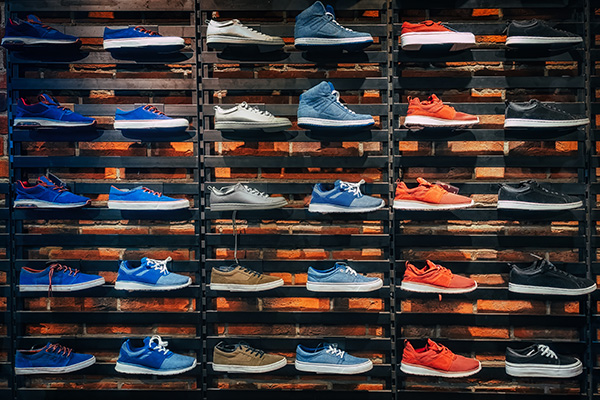
Recognize items as genuine with cradle-to-grave identification
When products like shoes, handbags, and medications can be proven to be authentic using embedded RAIN RFID from Impinj, fakes are kept out of the supply chain — and out of the landfill.
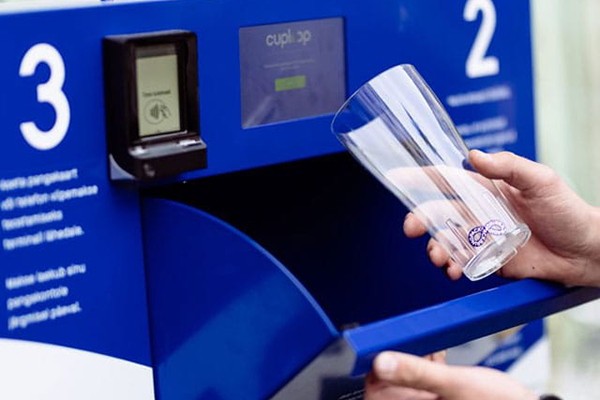
Automate reuse and recycling of plastic food and drink packaging
Plastic containers come full circle with Cuploop’s "reverse vending machine” that takes back restaurants’ food packaging, cleans it, and reuses it — enabled by the Impinj platform.
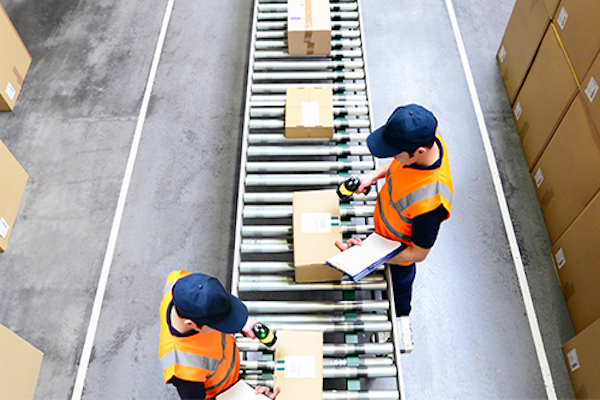
Optimize return management and reduce product waste
China Outfitters leveraged the Impinj platform to optimize its returns management and saw a reduction in packaging materials as well as an increase in operational speed and efficiency.
Our vision: Boundless IoT
Some people imagine the Internet of Things as a network of powered electronic devices. We think bigger. We’re expanding the internet’s reach by a factor of 1,000 — to apparel, packages, pallets, airline baggage, medical supplies, food, and so much more. Together with our partners, we’re driving efficiencies, reducing waste, enabling the circular economy, and ultimately, we hope, improving peoples’ lives.
